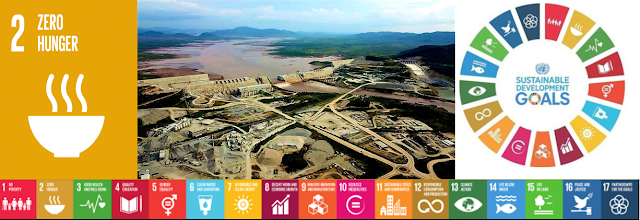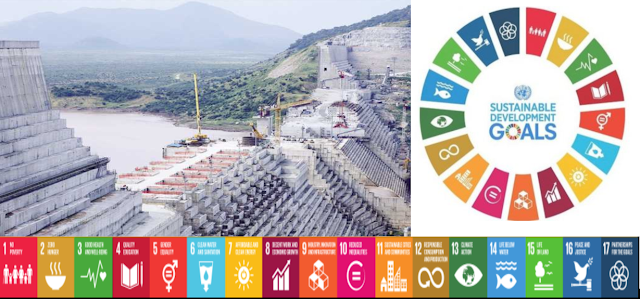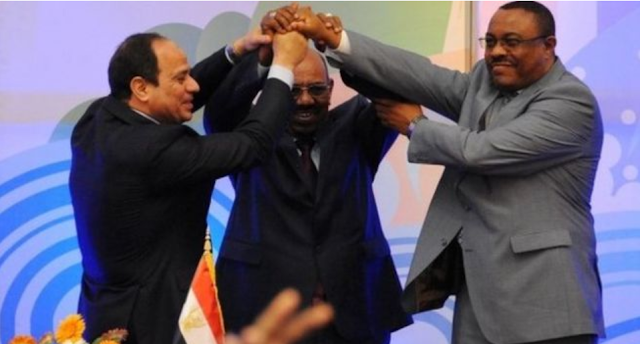GERD: Reducing Indoor Air Pollution

Energy is a crucial component of health systems. Clean energy is essential for human health and wellbeing, and it minimises air pollution. In so doing, the number of people admitted to hospitals due to respiratory infection will reduce sharply decongesting our already saturated health systems. The process of diagnosis and treatment also demand a reliable source of energy, preferably clean energy. Simply, vaccines and medicines need to be refrigerated; equipment needs sterilisation and light are needed for operations and emergencies at night . Therefore, clean energy can be regarded as a crucial tool for both prevention and cure. Sustainable access to basic electricity and transition to environmentally harmful energy sources reduce air pollution, making people less vulnerable to disease. About 4.2 million deaths every year are linked to air pollution and exposure, while a recent Harvard analysis showed that people living in contaminated cities were more li...


